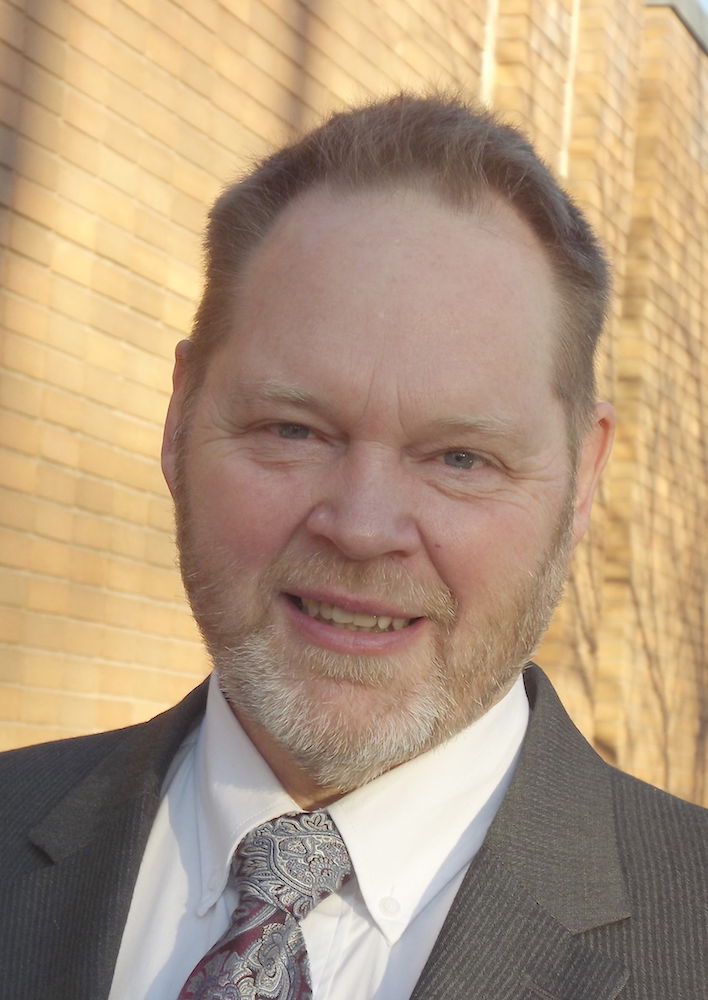Elgin resident running for Congress
Published 9:30 am Monday, January 6, 2020

- Smith
ELGIN — Jeff Smith, an Elgin computer programmer running for Congress, believes his campaign is moving in the right direction.
“The response I am receiving is very good. I am very encouraged,” Smith said Sunday.
Smith is running for the Republican nomination for the 2nd Congressional District, which covers Eastern, Central and a portion of Southern Oregon. The candidate, who has lived in Elgin almost all his life, is a graduate of Elgin High School and has a degree in manufacturing, engineering and technology from the Oregon Institute of Technology.
Smith, who grew up on a cattle ranch outside Elgin, said in Congress he would be a strong advocate for the natural resource industries, including timber and agriculture.
Oregon’s timber industry is a particular concern. Smith said timber companies decades ago could harvest about 4 billion board feet of wood from the Wallowa-Whitman and Umatilla national forests, but today the limit is 50-60 million board feet annually on these same lands. This has led to mill closures in Union and Wallowa counties and throughout the state. He said in the 1980s Union and Wallowa counties had 10 mills but today three remain, all in Union County.
He attributed much of the decline in timber harvests and the mill closures to the listing of the northern spotted owl in 1990 as a threatened species under the federal Endangered Species Act. The listing meant cutting back on timber harvest on federal land to protect spotted owl habitat. Smith said as the 2nd District representative he would work to end the federal Endangered Species Act. He wrote on his website, www.sendjefftocongress.com, the ESA is no longer needed because many states have their own version of it.
Smith also said he would work to boost academic achievement in Oregon schools, noting Oregon has poor graduation rates and lower student scores on achievement tests compared to other states. He said he wants the state to place more of a focus on vocational education.
Many schools focus on getting students to college, he said, but that’s a bad idea for 50-60% of students unless they have significant scholarships, because most students emerge from college with large student loan debts. He said a college graduate earning $25,000 a year with a $35,000 loan debt often is not in a good financial situation.
“For many it just does not pencil out,” he said.
Rather than focusing on higher education at more expensive traditional colleges, Smith said Oregon schools should develop more vocation education programs to help students develop the skills they need to land jobs as machinists, electricians, linemen and in construction. He said jobs in these fields offer living-wage jobs and the training will not leave students over the heads in debt.
Smith also is concerned about the future of Medicare, which he said will become insolvent in seven years without action. He said soaring health care costs are endangering the program.
“They are rising at twice the rate of inflation and three times the rate of wage growth,” Smith said.
He blamed the dearth of medical schools for the shortage of health care providers and cited Oregon as an example. He said Oregon Health & Science University, Portland, graduates 150 doctors a year, not enough to allow the state to maintain a sufficient level of physicians for its population of almost 4.2 million. He said he would like to see changes at the federal level in policies and funding that would allow more universities to offer medical degrees and more health care provider training overall. He said medical organizations and their lobbyists are preventing the expansion of medical education programs.
“This is the root cause of rising health care costs,” Smith said. “The system is rigged.”
Smith is among eight candidates running to succeed incumbent Greg Walden, R-Hood River, who announced in October he will not will not seek reelection. Walden has served in Congress since 1999. Smith spoke highly of Walden’s work in Congress.
“Greg Walden has done a good job of looking out for the people of Eastern Oregon,” the Elgin candidate said.
This is Smith’s second run for public office. He ran in the Republican primary for Oregon governor in 2018, placing fifth in a 10-candidate field. Knute Buehler, a physician from Bend, won the nomination but lost to incumbent Kate Brown in the general election. Buehler also is running in the Republican primary to succeed Walden.
Joining Buehler and Smith in this year’s GOP primary field are state Sen. Cliff Bentz of Ontario; Mark Roberts of Medford, a former Independent Party member who ran for a congressional seat in 2018; and Kenneth Medenach of Klamath County, who was part of the Malheur National Wildlife Refuge occupation in 2016.
Three Democratic candidates are running for their party’s nomination: Jack Howard, a La Grande attorney and former Union County commissioner; Medford resident John Holm; and community organizer Isabella Tibbetts of Jackson County.




